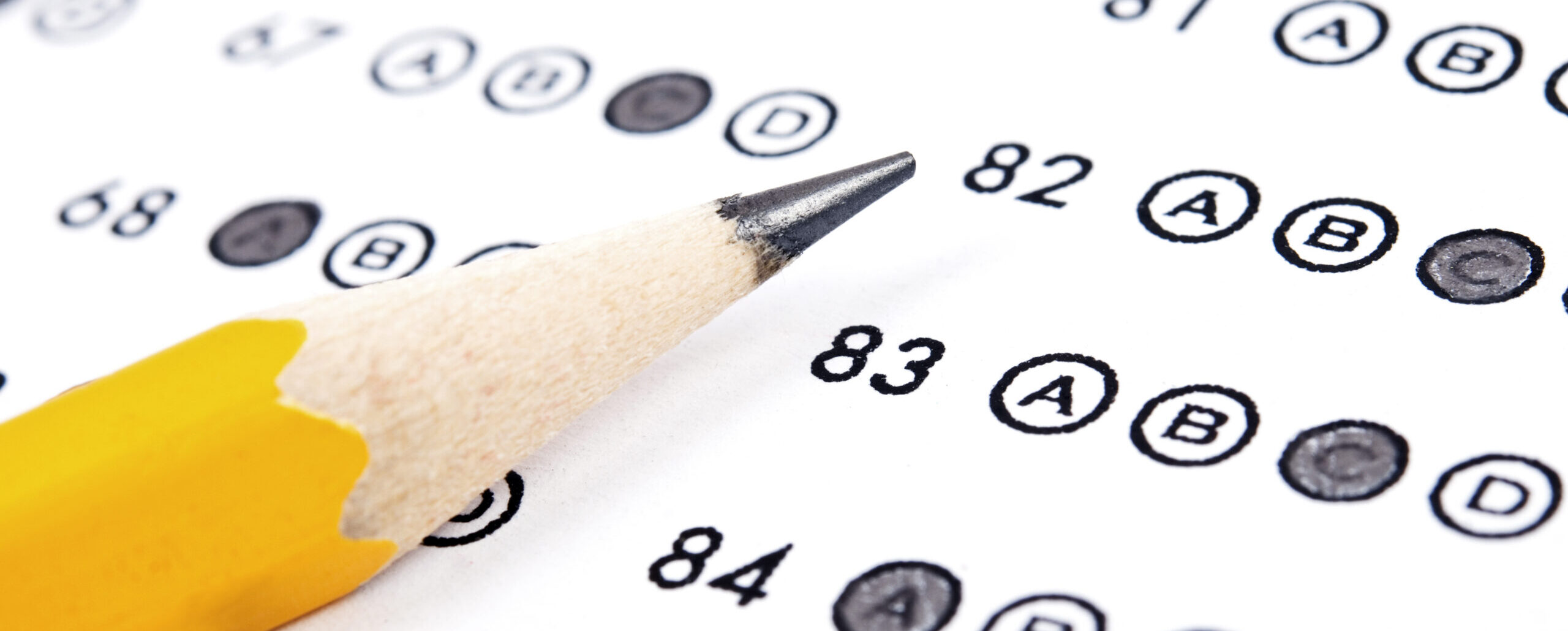Yesterday a friend showed me the transcript of a Trump’s speech. Sheer horror.
Donald Trump’s speeches are an odd beast: lively, unscripted, and built on his presence. When he’s up there, it’s not about eloquence; it’s the way he delivers it; the punch of his voice, the rhythm of a “tremendous” or “believe me” tossed out with confidence. He’s got a knack for keeping a crowd hooked, drifting from trade talk to some guy he met in Ohio without missing a beat. It’s not a lecture; it’s a show, and he’s the star.
Put it in writing, though, and the spark fades. Without his tone, those big promises: “We’re gonna win big, folks, so big”, lose their bite. They sound empty, just words waiting for something solid to back them up. His asides, like a jab at “Sleepy Joe,” land with a chuckle in person, but on paper, they feel out of place, almost forced. The energy that carries a rally doesn’t survive the jump to text.
His style doesn’t help. Trump talks in bursts, short, snappy lines like “Great people. The best.” Spoken, it’s got a beat that pulls you along. Written, it’s choppy, like a thought left unfinished. Most speakers build a structure, a flow you can follow. Trump’s more off-the-cuff, leaning on his charm to smooth the edges. On a page, those edges just look rough.
It’s about his audience, too. He’s talking to people who want a vibe, not a plan, folks who cheer “Build the wall” without needing details. In the moment, he can ride that wave, keep it loose. Writing asks for more; it’s static, open to questions. Readers spot the gaps he skips over with a grin.
Trump’s speeches don’t hold up in written form because they’re made for the stage, not the page. They rely on him to sell it. Without that, the words feel thin, like a script missing its actor.




